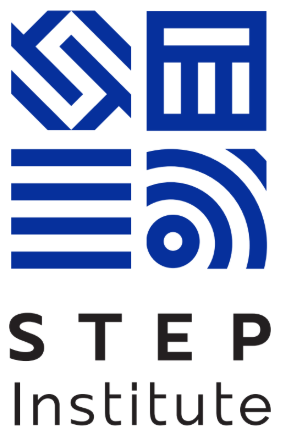STEP Institute aims at empowering people for better functioning in work environment through innovative methods. As such STEP’s interdisciplinary team addresses complex challenges in different work environments from school to business, from public to private sectors. One of our greatest challenges in the last few years was how to respond appropriately to Covid-19 and offer support to teachers in need. As our response we started organizing Pan-European Conferences on Distance Teaching, once per month, held online. Teachers across Europe took the conference as their own because it helps them introducing innovative digital teaching methods. The role of the conference is to make best practices visible. Outbreak caused by COVID -19 showed that circling of teaching ideas across countries is very much needed. A strong network among teachers fosters a better impact on students, a sense of belonging, willingness to take risks, teacher identity and a growth mindset.
STEP Institute contributed to constructive support during Covid-19 pandemic also with a closed Facebook group (https://www.facebook.com/groups/paneuconference/) in which we organize different other events relevant for all teachers regardless subject they teach and regardless the age of their students. Topics:
Cross-curricular digital projects: project-based learning, digital tools to solve real-world problems.
Digital assessment: digital tools and tips for formative and summative assessment.
Digital didactics: in digital teaching we cannot use the same pedagogical and didactic practices as in full-time teaching. This topic gives tips about lecturing online.
Digital peer collaboration: digital scavenger hunts, comics, quizzes, ebooks, brainstorm, make media, peer reviewing and discussions.
Digital preschool: pedagogical use of digital play as means to develop children’s literacy, mathematics, character etc.
Overcoming inequity: share best practice working with students whose parents can’t afford Internet access or gadgets. This topic also includes special needs students.
Student motivation: distance learning can have a significant impact on students’ social and emotional well-being resulting in poor learning motivation. Strategies to mitigate this risk are welcome under this topic.
Thinking skills: the ultimate purpose of education is help instill curiosity and a love for learning, critical, creative and collaborative thinking skills.





